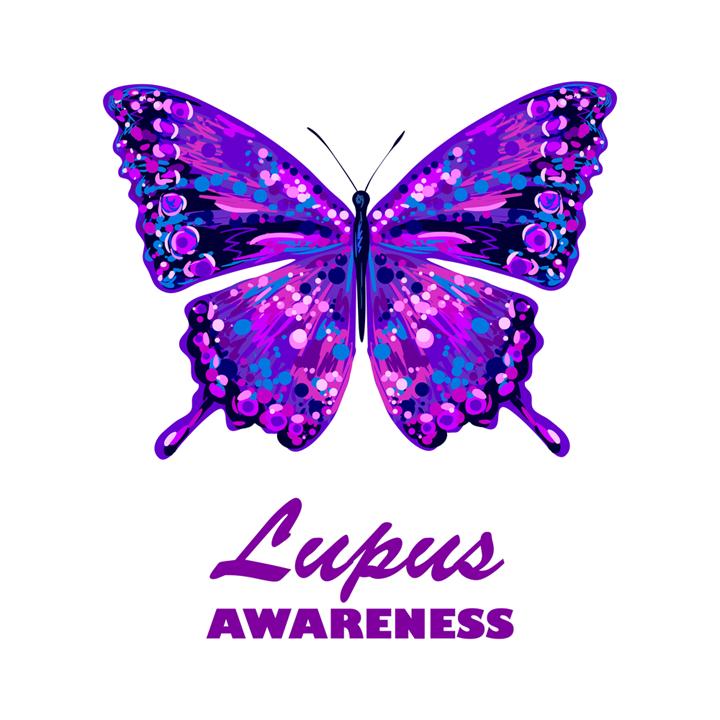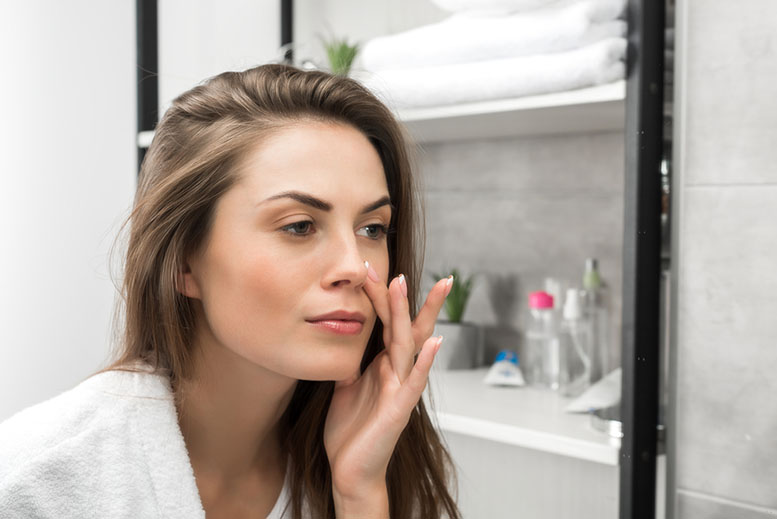There are numerous standard medical treatment options to address the symptoms caused by atopic dermatitis. However, there are also some home therapies and self-care strategies that can relieve symptoms and help prevent outbreaks such as having a good skincare regimen and staying clear of irritants and allergens that may aggravate the skin and cause outbreaks.
Looking After Your Skin
– Help your skin retain moisture by taking warm (avoid hot water) baths and moisturizing promptly following your baths.
– Keep away from known triggers that can inflame or irritate the skin such as harsh soaps, cosmetics such as fragrances, and clothing/bedding items made of rough material.
– Identify and be aware of the allergens that can result in a rash or exacerbate your atopic dermatitis patches such as certain foods, pet allergies, and dust mites.
Managing Itching and Avoiding Scratching
– You should always avoid scratching the itchy areas of the skin, but as a cautionary measure, you should always keep your fingernails clipped and neatly filed to circumvent any damage they can cause upon scratching.
– Apply wet dressings to protect the affected parts of the skin from your hands and also environmental triggers. This is also an excellent way to prevent infections.
– You may also try using coal tar solutions to relieve itching. However, if you find that applying a coal tar product worsens your itching, do not continue to use it.
Be Mindful of Sun Exposure and Your Stress Levels
While controlled amounts of natural sunlight can be beneficial to atopic dermatitis lesions, it is vital to protect your skin from sunburns. Exposure too much sunlight, an excess increase in body temperature, and sweating too much can also have inflammatory and irritating effects. Only apply a sunscreen for sensitive skin to avoid irritation.
It is also imperative to manage your stress levels to prevent your atopic dermatitis symptoms from worsening. Some strategies that are effective in relieving stress are breathing exercises, meditation, massages, and also biofeedback. Biofeedback involves the training of the conscious mind to keep a variety of body responses in your control, including stress and anxiety.
Featured Image: Depositphotos/© IgorVetushko



